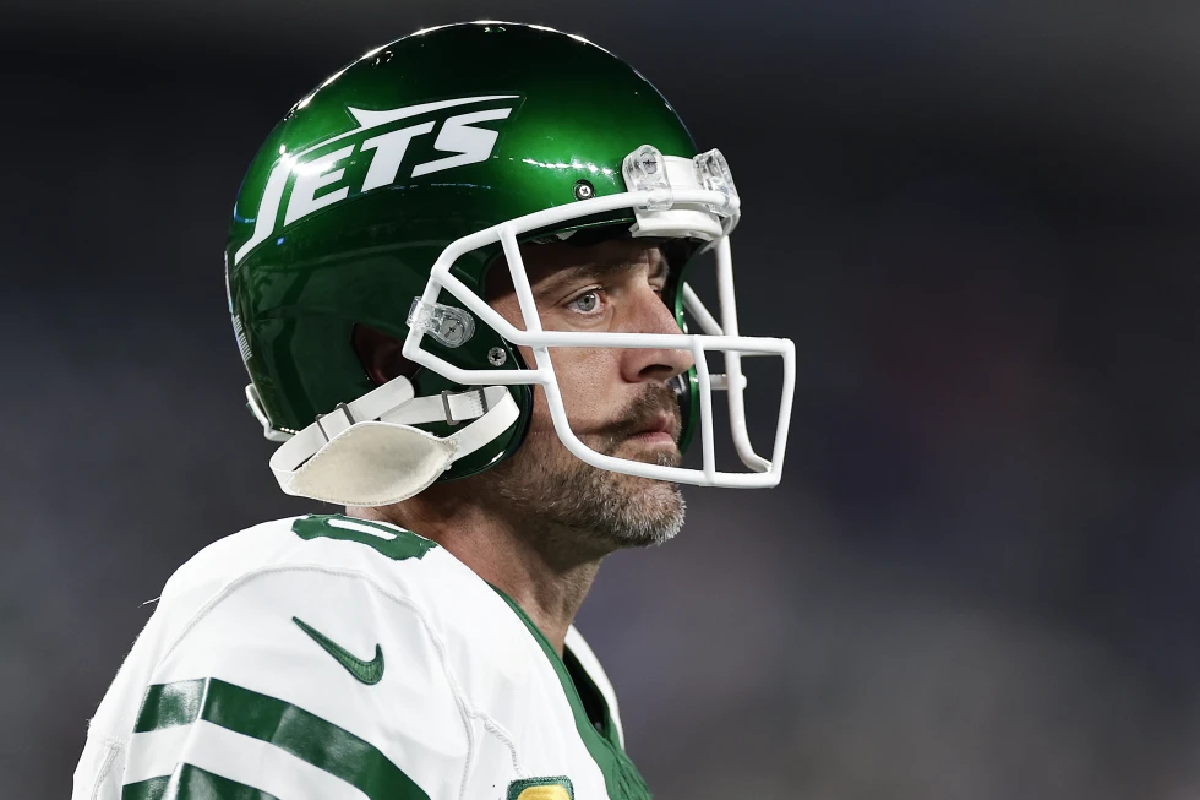By Rob Maaddi
ORLANDO, Fla. (AP) — The NFL has implemented new rules, banned another type of tackle and introduced equipment aimed toward improving player safety.
Keeping players healthy has been a priority for a league that had so many star players suffer significant injuries in 2023. Aaron Rodgers, Joe Burrow, Kirk Cousins and Justin Herbert — four franchise quarterbacks — combined to miss 36 games. They were just a handful of the high-profile players to finish the season on injured reserve, though overall, NFL players missed a combined total of 700 fewer games in 2023 than in 2022.
Figuring out the best ways to help players stay on the field is a collaborative effort for the league and its teams, so the NFL last month held a combined medical summit believed to be the first of its kind in any sport.
While owners, general managers and coaches gathered for the league’s annual spring meeting at a resort 18 miles away, more than 400 athletic trainers, equipment managers, strength and conditioning coaches, nutrition experts and sports science directors came together to learn from each other and from the league’s research partners.
“Obviously, coaches want to get their teams ready to play, but they also want to make sure they’re as healthy as possible. And so that’s really where we’re looking at these interventions. How can we collectively, whether it’s through our medical care or equipment or nutrition or strength and conditioning efforts, what do we do collectively that increases player availability and reliability?”
Injury prevention was a major focus of the four-day summit that featured members of the Professional Football Athletic Trainers Society, the Professional Football Equipment Managers Society, the Professional Football Performance Coaches Association and the Professional Football Registered Dietitian Society.
The groups met for a series of workshops, seminars and combined education sessions. They visited with various vendors and heard from guest speakers that included Hall of Fame coach Tony Dungy and former player Andrew Whitworth.
“There’s a certain maturity to the work that’s been going on in the sports, medical and innovation space that requires information sharing with all the clubs with greater frequency and more depth than I think we ever have before,” NFL executive Jeff Miller said.
Miller, the league’s executive vice president overseeing player health and safety, emphasized the importance of having the various groups in the same room, giving teams an opportunity to share ideas with each other.
The NFL plans to make this summit an annual event.
“While everything at the league is competitive, the health and safety of the players really isn’t,” Miller said. “That is a place where we are able to share and the clubs are able to share with one another because everybody has that specific goal as a high priority.”
The various medical departments have gathered as individual groups at the NFL scouting combine for a long time but the idea to bring them all together started a couple years ago, said Tyler Williams, executive director of player health and performance for the Minnesota Vikings.
“As the combine continues to get bigger and as disciplines become more subspecialty, how do we increase our level of interdisciplinary collaboration so if an athlete comes in and wants to wear these cleats, when you look at the injury history of the foot and ankle and you look at how they train with the sports medicine and how they fuel from the dietitian, all those components should have a say at the table,” Williams said.
The groups sat down together for six hours of educational and breakout sessions on Day 2 of the summit. Tendon health was the theme of the morning session. The afternoon chats featured five workshops led by subject-matter experts in each discipline. Attendees were encouraged to step outside their scope to understand the expertise of performance counterparts and hold conversations among the staffs.
“We’re talking about injury and return to play, equipment’s role in that to get the athlete back on the field and our approach to another team’s approach could be totally different so we are able to take some stuff away from each other to bring back to our own club, which was the point of it all,” said Brendan Burger, the director of equipment for the Los Angeles Rams. “When it comes to an athlete’s health and safety, it isn’t a top-secret thing. We’re here for our athletes, and the more we can help them, the better.”
Since 2002, the NFL has made over 50 rules changes intended to eliminate potentially dangerous tactics and reduce the risk of injuries.
During the latest league meetings, team owners unanimously approved a rule that bans players from using a swivel technique to tackle an opponent. Miller said the hip-drop tackle was used 230 times last season and resulted in 15 players missing time with injuries.
The horse-collar tackle, chop blocks and more were banned years ago. Helmet-to-helmet hits became illegal in 1996. Protecting quarterbacks has been a focal point for many rule changes, including one that prohibits low hits.
Last week, the NFL and the NFL Players Association approved eight new position-specific helmets for quarterbacks and linemen designed to help reduce impact that can cause concussions.
___
AP NFL: https://apnews.com/hub/nfl

